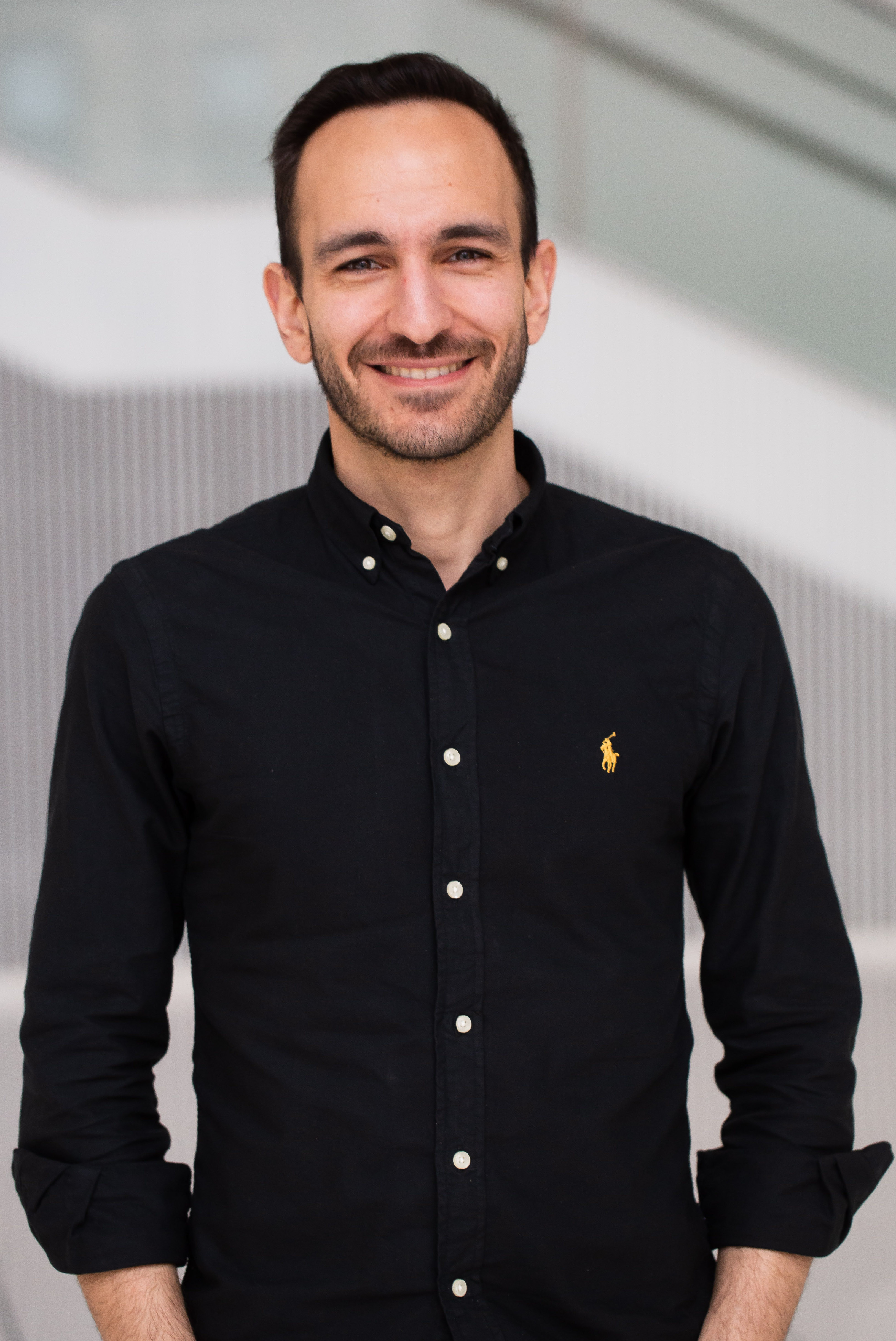Fadel Adib
Associate Professor
Program in Media Arts & Sciences
Department of Electrical Engineering & Computer Science
Abstract
Bringing massive connectivity to low-cost, low-power ocean sensors is important for numerous applications spanning marine sciences, sustainability, climatology, defense, robotics, geology, space exploration, and food security. However, standard IoT technologies (e.g, Bluetooth, WiFi, GPS) cannot operate underwater, which has left 70% of our planet (the ocean) beyond their reach.
In this talk, Adib will describe how his group's research is changing this reality by inventing IoT technologies that are inherently designed for the ocean. Specifically, he will show how, by rethinking the entire IoT technology stack in the context of oceans, his team introduced low-cost (< $100), net-zero-power, scalable connectivity technologies that seamlessly operate underwater and pave the way for massive underwater sensing, networking, localization, imaging, and machine learning.
Biography
 Fadel Adib is an associate professor in the MIT Media Lab and the Department of Electrical Engineering and Computer Science. He is the founding director of the Signal Kinetics group, which invents wireless and sensor technologies for networking, health monitoring, robotics, and ocean IoT. He is also the founder & CEO of Cartesian Systems, a spinoff from his lab that focuses on mapping the physical world at unprecedented scale.
Fadel Adib is an associate professor in the MIT Media Lab and the Department of Electrical Engineering and Computer Science. He is the founding director of the Signal Kinetics group, which invents wireless and sensor technologies for networking, health monitoring, robotics, and ocean IoT. He is also the founder & CEO of Cartesian Systems, a spinoff from his lab that focuses on mapping the physical world at unprecedented scale.
Adib was named by MIT Technology Review as one of the world’s top 35 innovators under 35, and by Forbes as 30 under 30. His research on wireless sensing (X-Ray Vision) was recognized as one of the 50 ways MIT has transformed computer science, and his work on robotic perception (Finder of Lost Things) was named as one of the 103 Ways MIT is Making a Better World. Adib’s commercialized technologies have been used to monitor thousands of patients with Alzheimer’s, Parkinson’s, and COVID-19, and he has had the honor to demo his work to President Obama at the White House.
Adib is also the recipient of various awards including the NSF CAREER Award (2019), the ONR Young Investigator Award (2019), the ONR Early Career Grant (2020), the Google Faculty Research Award (2017), the Sloan Research Fellowship (2021), and the ACM SIGMOBILE Rockstar Award (2022), and his papers have won awards for best papers, demos, and highlights at premier academic venues including SIGCOMM, MobiCom, CHI, Nature Electronics, and Nature Communications. Adib received his Bachelor’s from the American University of Beirut (2011) and his Ph.D. from MIT (2016), where his thesis won the Sprowls award for Best Doctoral Dissertation at MIT and the ACM SIGMOBILE Doctoral Dissertation Award.
